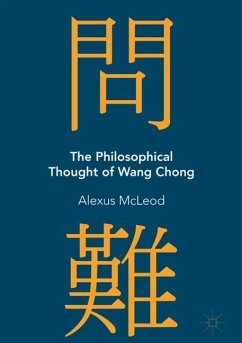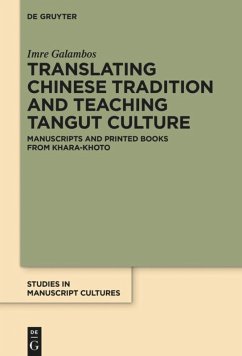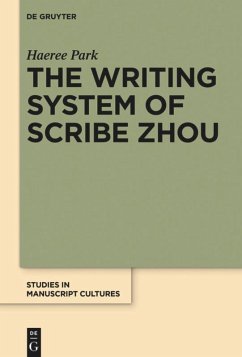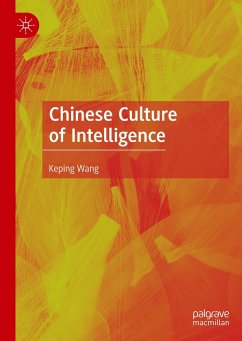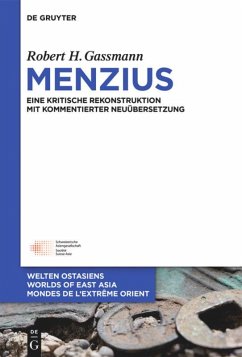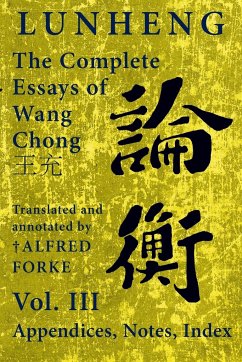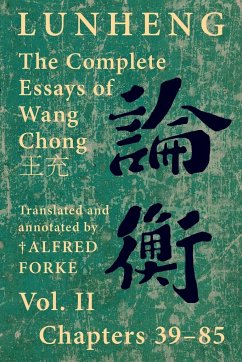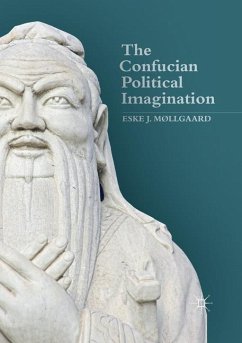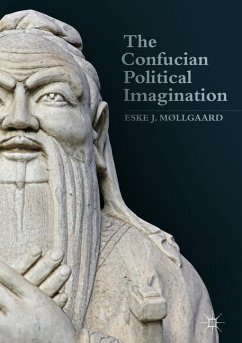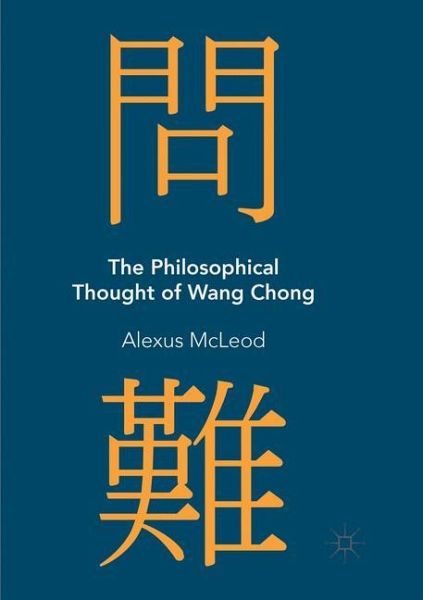
The Philosophical Thought of Wang Chong
Versandkostenfrei!
Versandfertig in 6-10 Tagen
38,99 €
inkl. MwSt.
Weitere Ausgaben:

PAYBACK Punkte
19 °P sammeln!
This book is a study of the methodological, metaphysical, and epistemological work of the Eastern Han Dynasty period scholar Wang Chong. It presents Wang's philosophical thought as a unique and syncretic culmination of a number of ideas developed in earlier Han and Warring States philosophy. Wang's philosophical methodology and his theories of truth, knowledge, and will and determinism offer solutions to a number of problems in the early Chinese tradition. His views also have much to offer contemporary philosophy, suggesting new ways of thinking about familiar problems. While Wang is best know...
This book is a study of the methodological, metaphysical, and epistemological work of the Eastern Han Dynasty period scholar Wang Chong. It presents Wang's philosophical thought as a unique and syncretic culmination of a number of ideas developed in earlier Han and Warring States philosophy. Wang's philosophical methodology and his theories of truth, knowledge, and will and determinism offer solutions to a number of problems in the early Chinese tradition. His views also have much to offer contemporary philosophy, suggesting new ways of thinking about familiar problems. While Wang is best known as a critic and skeptic, Alexus McLeod argues that these aspects of his thought form only a part of a larger positive project, aimed at discerning truth in a variety of senses.



